House of Aama, the LA mother-and-daughter brand inspired by Black folklore
‘We really consider ourselves folklorists, telling sartorial stories through fashion,’ says co-founder Rebecca Henry of her LA-based men’s and women’s label
Myles Loftin - Photography

Receive our daily digest of inspiration, escapism and design stories from around the world direct to your inbox.
You are now subscribed
Your newsletter sign-up was successful
Want to add more newsletters?

Daily (Mon-Sun)
Daily Digest
Sign up for global news and reviews, a Wallpaper* take on architecture, design, art & culture, fashion & beauty, travel, tech, watches & jewellery and more.

Monthly, coming soon
The Rundown
A design-minded take on the world of style from Wallpaper* fashion features editor Jack Moss, from global runway shows to insider news and emerging trends.

Monthly, coming soon
The Design File
A closer look at the people and places shaping design, from inspiring interiors to exceptional products, in an expert edit by Wallpaper* global design director Hugo Macdonald.
The elusive, mercurial bond between mothers and daughters happens to be the life force behind Los Angeles-based fashion label House of Aama. Founded by Rebecca Henry, a practising lawyer, and her daughter Akua Shabaka, who recently graduated from Parsons School of Design, House of Aama has become an exciting label to watch, particularly because it draws from Black ancestral stories and histories as the foundation for each of its collections. It’s a powerful approach that clearly resonates.
‘We really consider ourselves folklorists, telling sartorial stories through fashion,’ say the duo, who were named finalists in 2021’s CFDA/Vogue Fashion Fund. ‘As part of our creative process, we explore archives, various field research and folk histories of our people from our past. Coincidentally, we normally start with stories and nuances that pertain to our family, and branch out to this connectedness in many histories.’
House of Aama S/S 2022
For the House of Aama S/S 2022 collection, titled Salt Water, Henry and Shabaka were inspired by the legacy of African-American sailors, and beach havens that formed in the early 1900s. The collection also features homages to Yemaya, Olokun and Agwe – water spirits and spiritual anchors of the African traditions in the diaspora. Filled with illustrated tattoo-like prints, sailor-front linen trousers and nostalgic halter necklines, the collection has been captured in a fictional Black resort community known as Camp Aama, in campaign imagery photographed by Myles Loftin. The Salt Water collection’s backstory is not only enriched by the label’s development of original textiles, illustrations and prints, it also features a mini capsule of vibrant ‘Sea Spirit’ prints, created by Philadelphia-based visual artist Gianni Lee, which appear on silk charmeuse button-downs, sarongs and scarves.

The duo explain, ‘Although oftentimes American history leaves these [references] out of its dialogue, Black beach resort destinations are physical examples of how our ancestors celebrated their livelihood. African American communities continued to create tools and ways to anchor themselves against the backdrop of Jim Crow.’
The collection’s seafaring narrative is especially poignant in light of recent legislation signed by governor of California Gavin Newsom that announced the return of Bruce’s Beach, a beachfront parcel in Manhattan Beach, to its rightful owners – a Black family, from which it was seized more than a century ago. Manhattan Beach was once a thriving seaside resort run for and by the Black community. This particular piece of Southern California land was owned by the Bruce family in 1912, but then unlawfully taken back by the Manhattan Beach city council in the 1920s, purportedly to become a park, which it never did. It remained vacant and unused for years, and was transferred to the state in 1948.
‘Bruce’s Beach was a beach resort in the city of Manhattan Beach that was owned by and operated for African Americans. It provided the African American community with opportunities unavailable at other beach areas because of racial segregation,’ add Henry and Shabaka. They say that the story of the land being wrongfully stripped away and now handed back is just one tale that emerged from their research for the Salt Water collection. ‘Without the continuous telling of [the story of] this thriving resort for Black beachgoers, this would not have happened; and the Camp Aama campaign speaks to exactly who those beachgoers were and continue to be. This is our creative process, history and its importance to Black culture.’
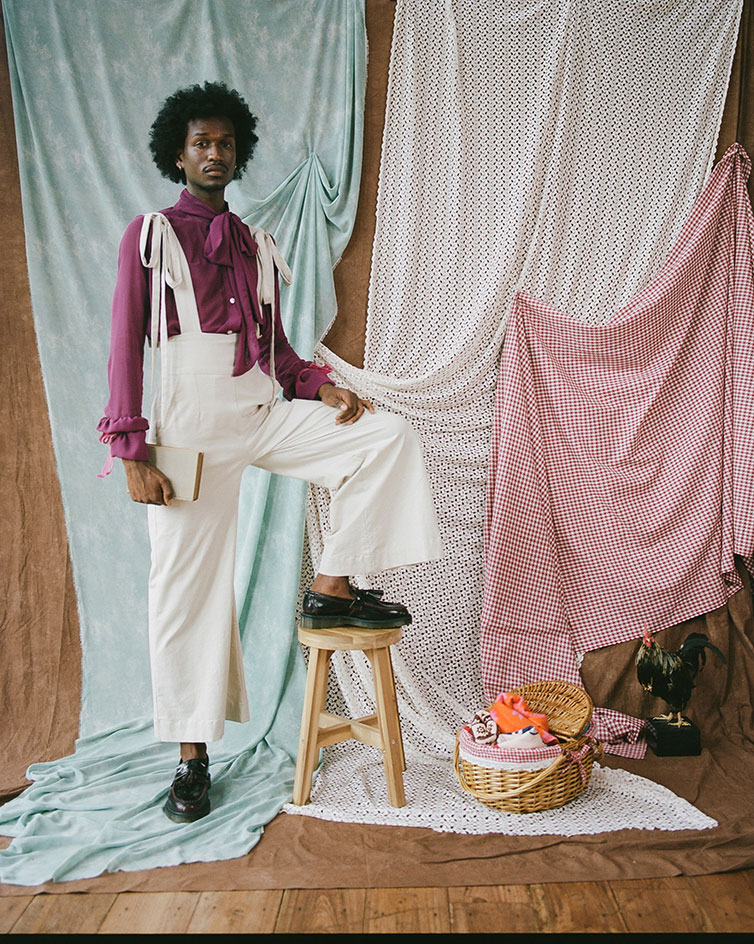
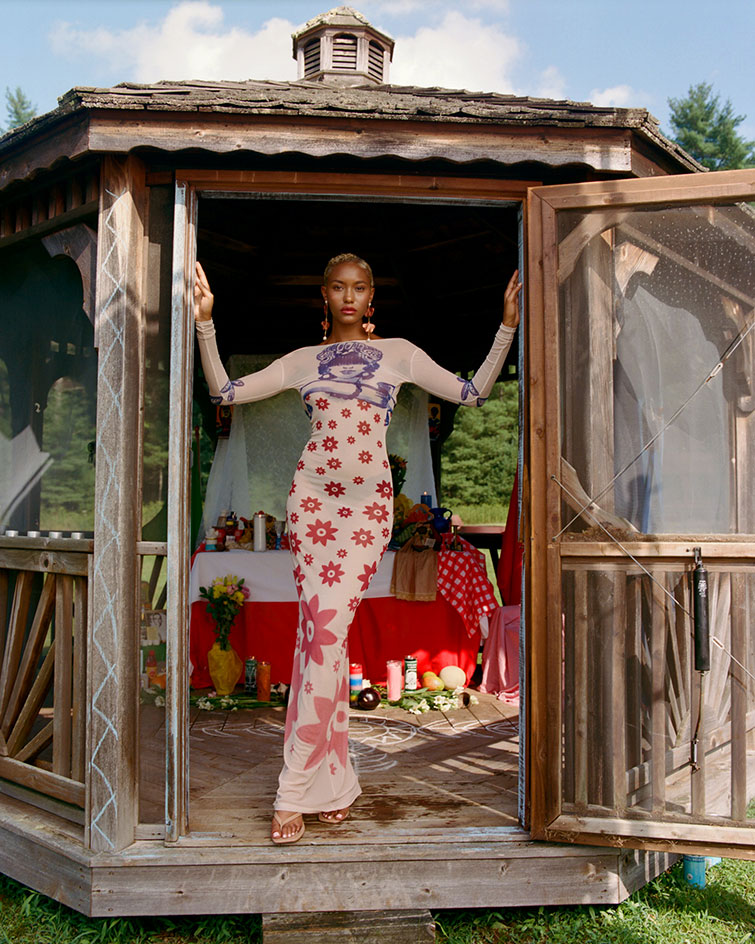
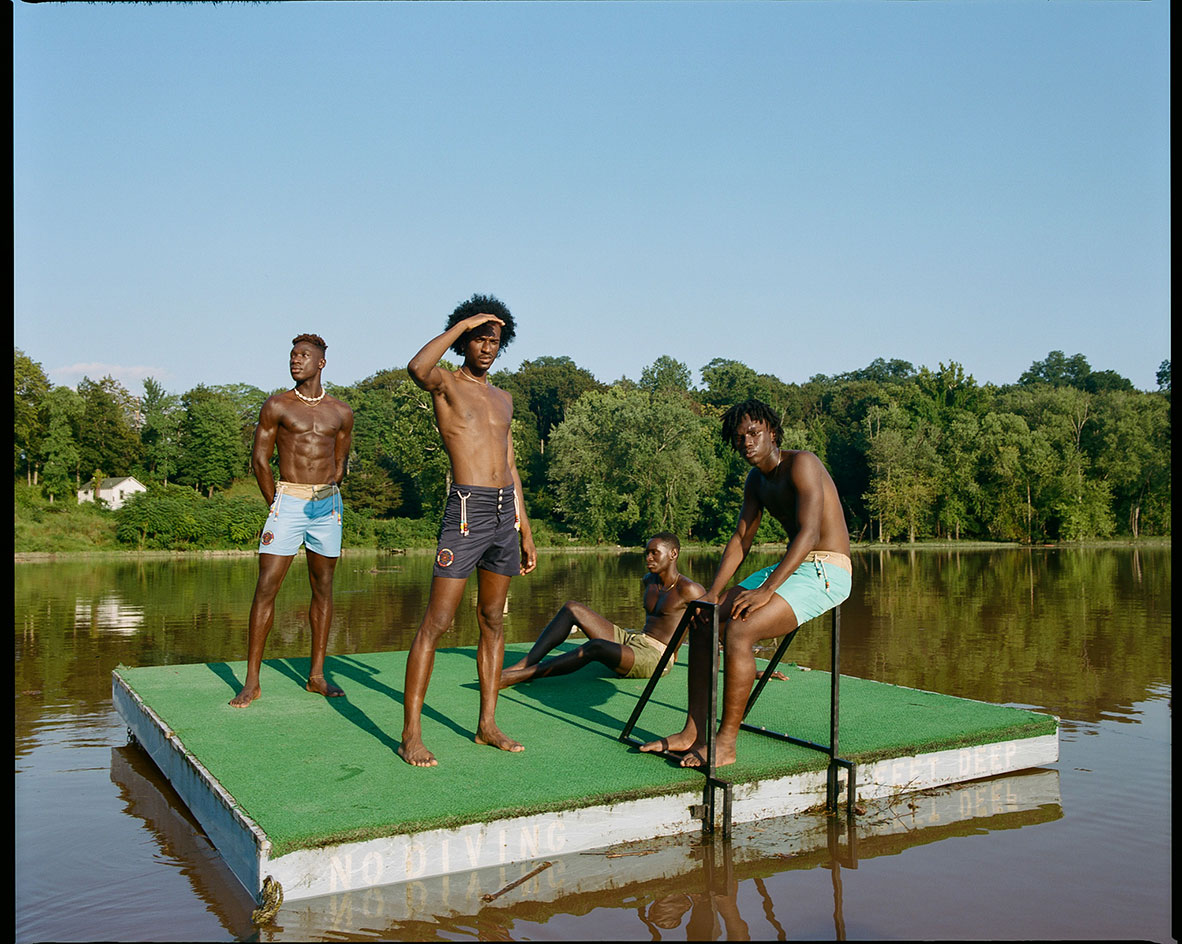
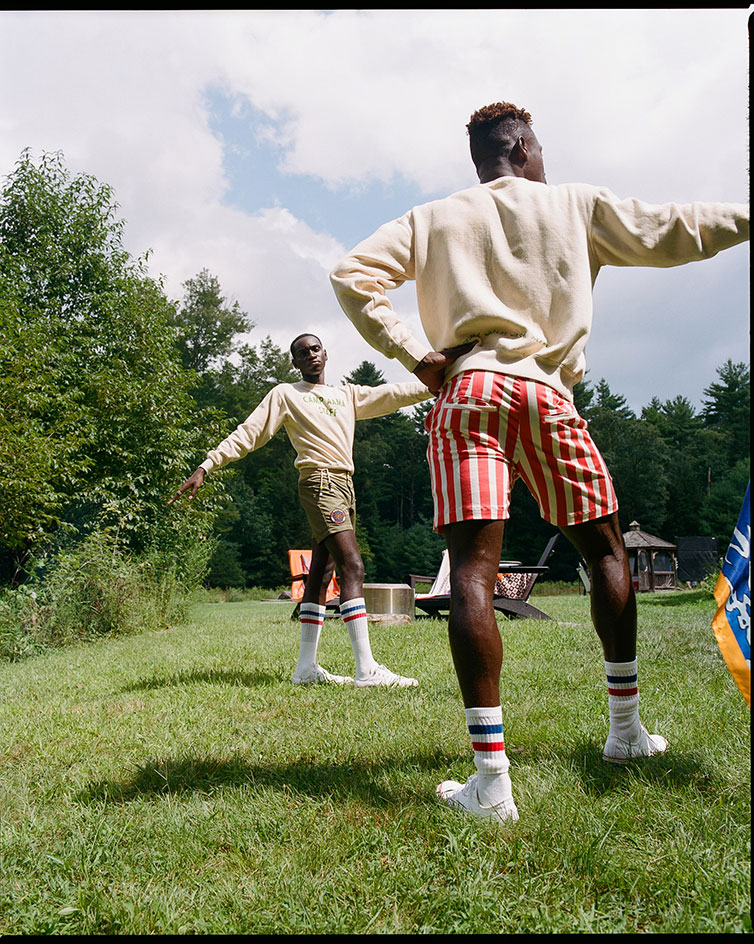
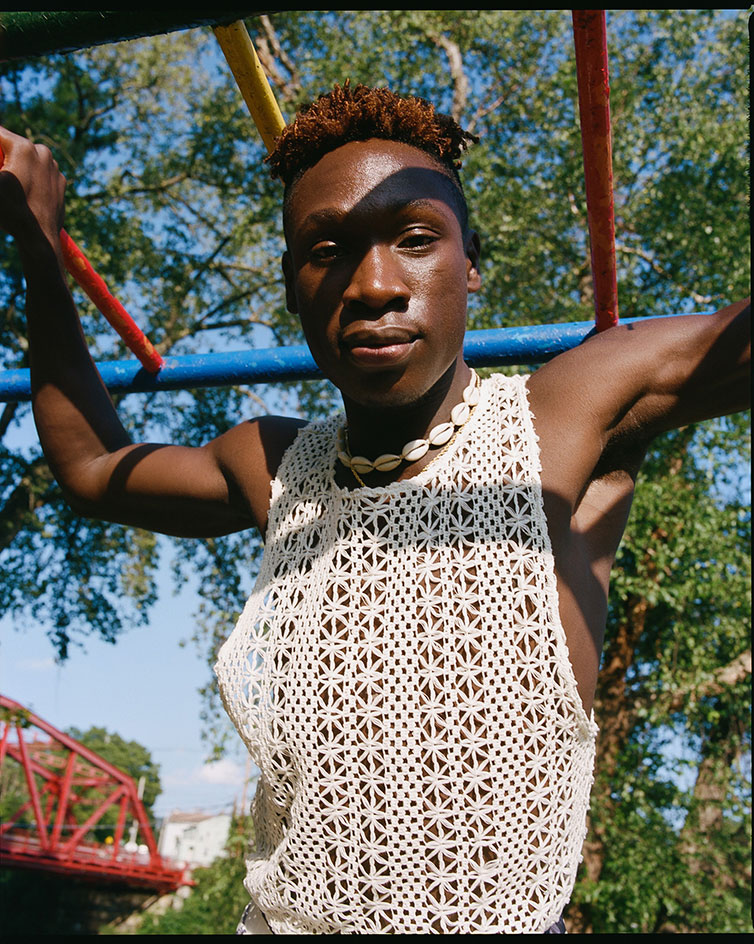
INFORMATION
Receive our daily digest of inspiration, escapism and design stories from around the world direct to your inbox.
Pei-Ru Keh is a former US Editor at Wallpaper*. Born and raised in Singapore, she has been a New Yorker since 2013. Pei-Ru held various titles at Wallpaper* between 2007 and 2023. She reports on design, tech, art, architecture, fashion, beauty and lifestyle happenings in the United States, both in print and digitally. Pei-Ru took a key role in championing diversity and representation within Wallpaper's content pillars, actively seeking out stories that reflect a wide range of perspectives. She lives in Brooklyn with her husband and two children, and is currently learning how to drive.